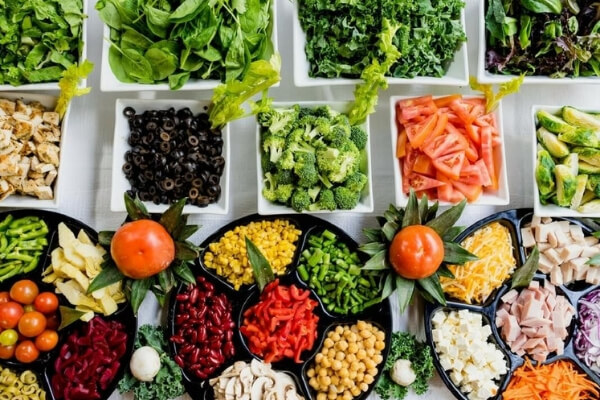We’re well versed in considering our physical body and aesthetic appearance when making choices around food—perhaps opting for a low-carb, high-fat diet in order to reach your fitness goals, or steering clear from dairy, gluten and other inflammatory foods in order to try and keep skin conditions like acne at bay. What we consider less, however, is how the foods we eat can impact our mental health and conditions such as anxiety and depression.
New research
A recent study published in the International Journal of Food Sciences has concluded that—surprise, surprise—a diet based around junk, nutritionally-void foods is associated with poor overall mental health, leading to, and exacerbating, conditions like anxiety, chronic depression, bipolar and more.
The study involved researchers collecting 10 years of data through more than 240,000 phone surveys with study participants. The researchers aimed to glean information about that person’s lifestyle habits, and they were able to control for factors such as gender, income and age, eventually isolating diet as the key link to mental struggles.
Food is medicine
It’s hardly surprising that junk food—processed, high-sugar, refined foods that are full of additives, artificial colours and flavourings don’t exactly benefit your health. Australian research suggests that since a fast-food diet has low nutritive value, it can change parts of the brain that may impact mental health.
Located in the deeper area of the brain, the seahorse-shaped hippocampus controls memory and cognition. Its front side, on the other hand, regulates our emotions. According to the research, most people diagnosed with major depression have a smaller hippocampus, whilst it’s also been found that adults who ate more fast-food meals have a shrunken hippocampus. Coincidence? We think not.
So, what to eat?
Omega-3’s, omega-3’s, and more omega-3’s! Studies have shown that cells within the brain require omega-3 oils in order to be able to transmit signals that enable proper thinking, moods, and emotions. However, omega-3 oils are often present at very low levels in typical Western diets. Omega-3’s provide the body with some much needed anti-inflammation nutrients, making them a staple in any mental-health diet, so pack it full with oily fish, healthy oils like olive and coconut and avocados.
Most notably it is essential vitamins, minerals, and omega-3 fatty acids that are often deficient in the general population of developed countries; and are exceptionally deficient in people suffering from mental disorders. Supplements that contain amino acids also reduce symptoms, because they are converted to neurotransmitters that alleviate depression and other mental disorders. Vitamin B12, magnesium, vitamin C, zinc and amino acids like taurine are all essential to fighting and combating mental health conditions, making a diet rich in vitamins and minerals fundamental to recovery. Focus on a rainbow diet of plant-based sources, cut the processed, refined foods and watch your mental health thank you.
As always, you should seek advice from a trained medical professional if you’re concerned about your mental health.
If you’re interested in reading more about the relationship between food and mental health, Brain Changer by Australian Scientist and Professor, Felice Jacka is a great read.



